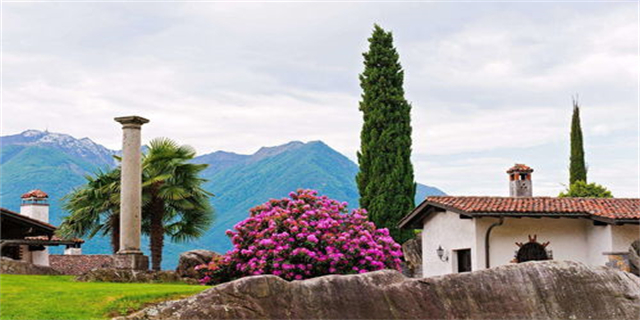emperors(Emperors)

Emperors
Introduction
Throughout history, emperors have played a significant role in shaping the world and leaving a lasting impact on their respective societies. These charismatic leaders, often revered as divine figures, ruled with absolute power and commanded vast armies. From ancient civilizations to modern times, emperors have influenced politics, culture, and countless other aspects of life. In this article, we will explore the fascinating world of emperors, examining their rise to power, their reigns, and their legacies.
Rise to Power

In many cases, emperors were not born into power but instead had to navigate a complex web of political maneuvering and military conquests. They might have seized power through a bloody coup, usurping the throne from a weak predecessor, or they could have been elected to the position by a council of nobles. However, some emperors inherited their titles through hereditary succession, often resulting in strong dynasties lasting for generations.
The Cult of Personality
Emperors often cultivated a cult of personality to consolidate their rule and enhance their divine status. They used symbols and propaganda to project an image of power, strength, and godliness. Portraits and statues depicted them as larger than life figures, often imposing and majestic. Their every word and action were carefully crafted to maintain awe and adoration among their subjects.

Reign and Administration

Emperors ruled over vast empires and faced the daunting task of maintaining control over diverse regions and peoples. A crucial aspect of their reign was administration, as they needed to manage various governmental departments, appoint officials, and implement policies. They relied on a complex bureaucracy to govern effectively. Some emperors were renowned for their administrative reforms, bringing stability and prosperity to their realms.
Legacy
Emperors' legacies can be seen in various fields, such as architecture, art, literature, and law. Many emperors pursued ambitious construction projects, leaving behind grand palaces, temples, and monuments that still awe visitors today. Their patronage of the arts fostered creativity and led to the creation of masterpieces that continue to captivate audiences. Furthermore, emperors often codified laws and laid the groundwork for legal systems that have influenced societies for centuries.
Impact on Historical Events
Emperor's decisions and actions often had far-reaching consequences, shaping the course of history. Their strategies in warfare, alliances with other rulers, and diplomatic negotiations played a significant role in determining the outcome of conflicts. Some emperors are remembered for their military successes, while others are infamous for leading their empires to ruin through poor decisions.
End of an Era
As time went on, the concept of emperors evolved. In some cases, they became figureheads with limited power, while in others, they were overthrown by rebellions or conquered by foreign powers. The rise of democratic systems also led to the demise of emperors in many parts of the world. However, their influence and legacy continue to shape societies, and their stories still fascinate and inspire people today.
Conclusion
Emperors have left an indelible mark on history, not only through their accomplishments and failures but also through the institutions and cultural developments that emerged during their reigns. Their rise to power, methods of governance, and lasting legacies provide valuable insights into the complexities of human history. By studying the lives and reigns of emperors, we gain a deeper understanding of the triumphs and tribulations of leadership and the profound impact it can have on societies.











